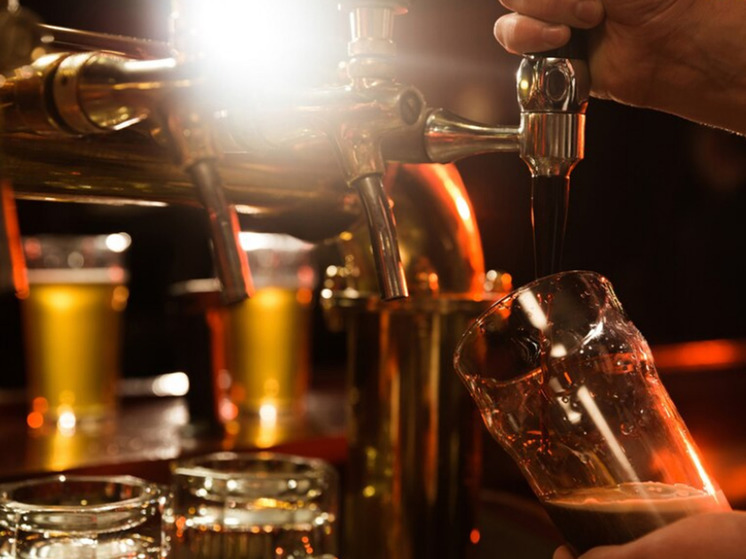Hop yields are rapidly falling
Foreign scientists are sounding the alarm: climate change is already changing the taste and quality of beer. According to the study, the quantity and quality of hops is affected by global warming. The result is that the drink becomes more expensive, and manufacturers have to change brewing methods.

“Beer lovers will definitely see a change in either price or quality. Based on our data, this seems inevitable,” says Miroslav Trnka, a scientist at the Institute for Global Change Research of the Czech Academy of Sciences and co-author of the study.
Beer, the third most popular drink in the world after water and tea, is produced by fermentation malted grains (such as barley) with yeast. It is typically flavored with hops grown primarily in mid-latitudes and sensitive to changes in light, heat and water.
As The Guardian notes, demand for high-quality hops has increased in recent years due to the boom in stronger-flavored craft beers. But emissions of planet-warming gases are putting the production process at risk, the study found.
Researchers compared average annual aroma hop yields for the periods 1971-1994 and 1995-2018. They found a «significant decline in production» of 0.13 to 0.27 tonnes per hectare. In Celje (Slovenia), the largest drop in average annual hop yield occurred — by 19.4%.
The study found that in Bavarian cities in Germany (the world's second largest hop producer), average plant yields fell by: 19.1% in Spalt, 13.7% in Hallertau and 9.5% in Tettnang.
The taste of beer depends not only on the hops, but also partly explains the popularity of the drink, Trnka said: “In pubs in Europe, the most frequent debate, with the exception of the weather and politics, concerns beer.”
But weather and politics change the taste of beer, The Guardian emphasizes. World leaders have vowed to try to stop the planet warming more than 1.5 degrees Celsius above pre-industrial levels by the end of the century, but are pumping out too many greenhouse gases to achieve that goal. The study found that the alpha acid content of hops, which gives beer its distinctive aroma, declined in all regions.
As temperatures rise and rainfall decreases, some hop farmers have moved their orchards to higher elevations. them in valleys with a lot of water and changed the distance between rows of crops.
Farmer from Spalt Andreas Auernhammer noted that the total amount of rainfall in his fields has changed little, but now “it does not rain at the right time.”
The researchers modeled the impact of future warming on crops using an emissions scenario similar to current policies. They found that by 2050, hop yields will fall by 4.1–18.4% compared to the 1989–2018 average unless action is taken to adapt brewing methods. The projected yield decline will be caused mainly by hotter weather and more frequent and severe droughts.
Trnka emphasized: “Hop producers will have to make extra efforts to ensure that they get the same quality as today, which , will likely mean the need for increased investment simply to maintain the current level of product.”
Auernhammer added: the climate threat to hops is important, but it is not the most important factor influencing the price of beer. High energy costs have played a big role for brewers: “The hops in beer are not as expensive as the cap on the bottle.”
However, scientists insist: climate change is already changing the taste and quality of beer. Researchers predict that hop yields in European regions will fall by 4-18% by 2050 unless farmers adapt to hotter, drier weather. The content of alpha acids in hops, which give beer its characteristic taste and aroma, will drop by 20-31%. As a result, beer may become more expensive, and brewers will have to adapt brewing methods.


